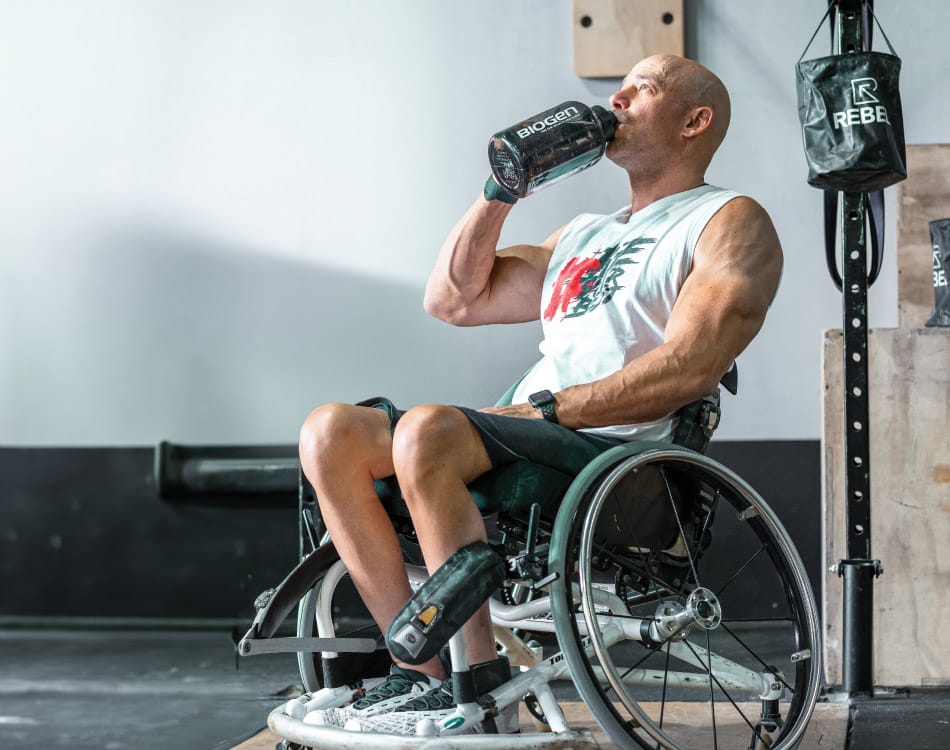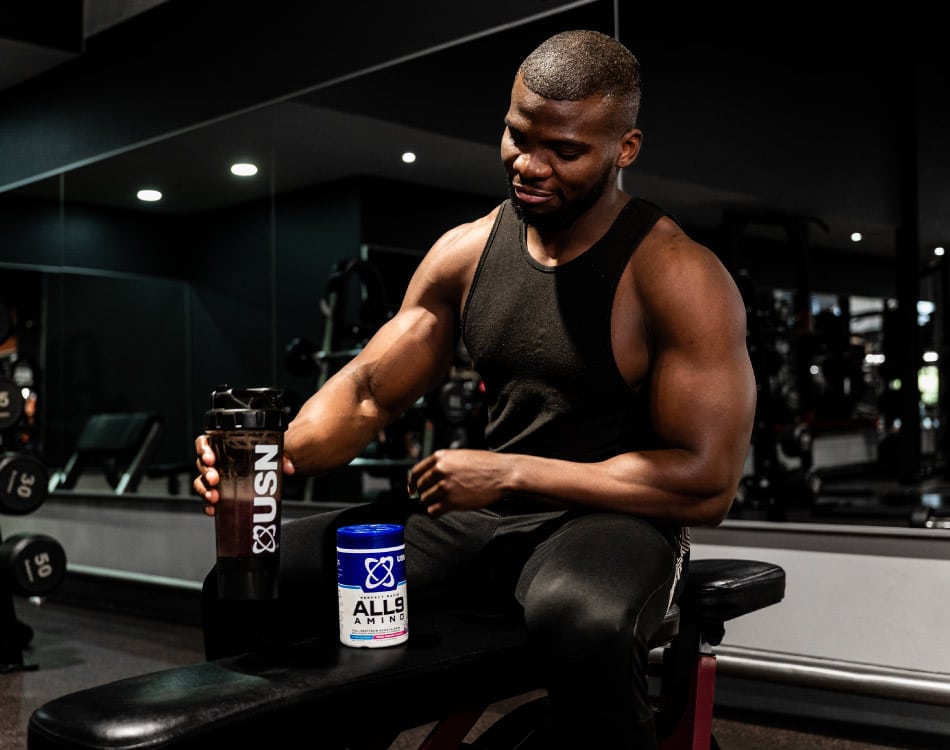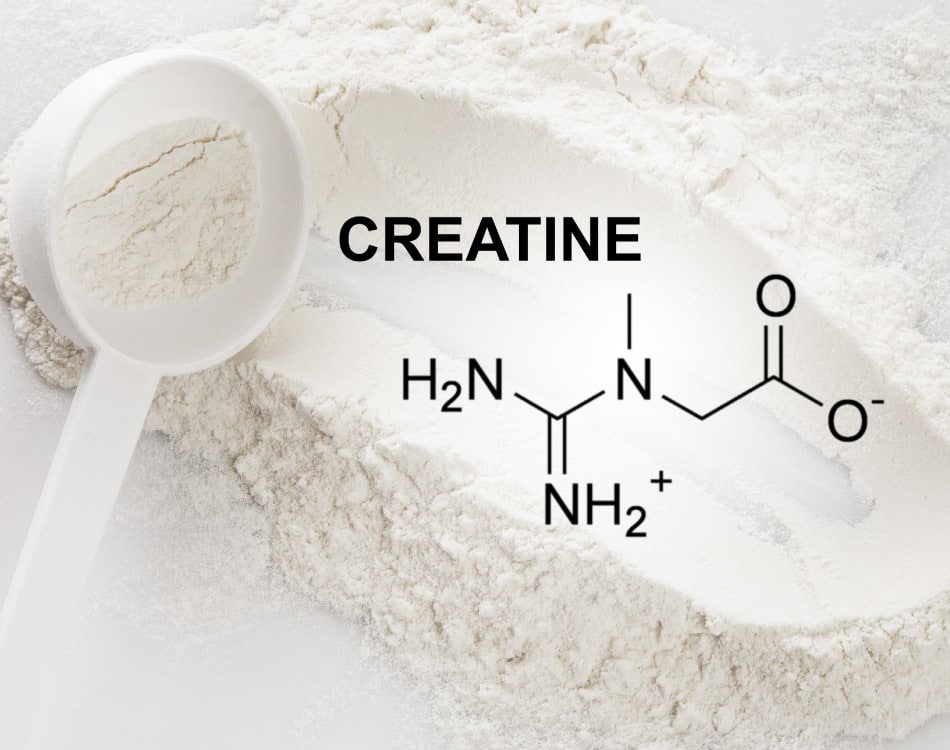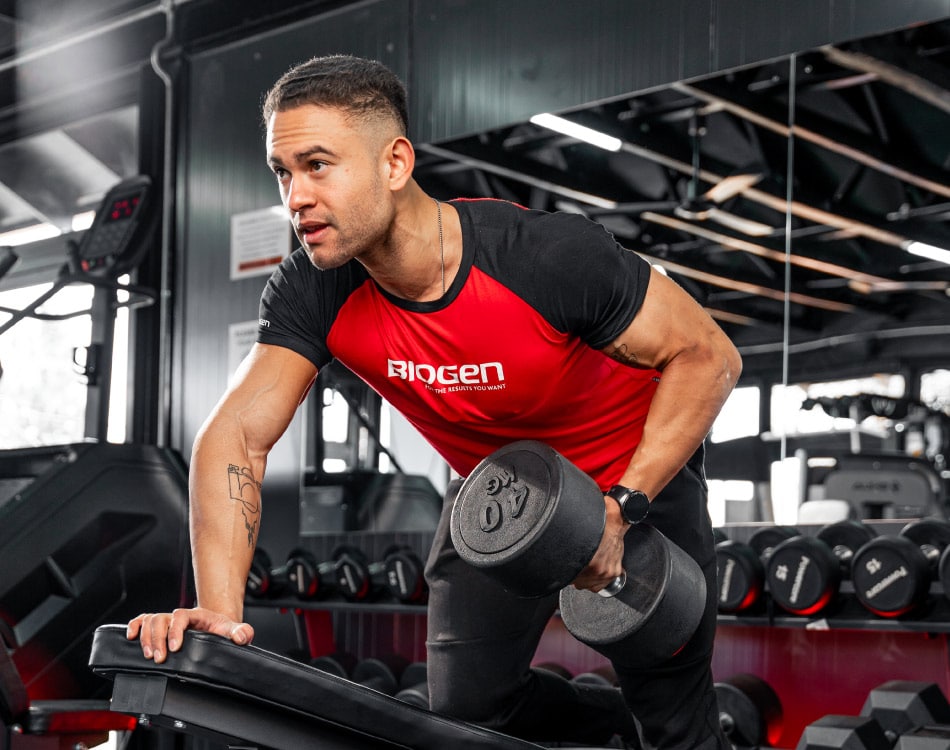Weight training is the stimulus we need to build bigger and stronger muscles but you won’t realise the results you want without proper nutrition.
Get the muscle-building basics right with these 5 tips to gain more lean muscle mass.
READ MORE | PROTEIN ABSORPTION RATES EXPLAINED
1. Eat frequently
When you eat is probably as important as what you eat. Eating for muscle gain ideally requires multiple smaller meals separated by no more than 2-3 hours, as opposed to having three large meals separated by three hours or more.
In other words, eating six or seven evenly spaced small meals every day may support muscle gain by providing a sustained supply of protein. The idea is to consume the same number of calories and food content, just divided over more meals each day.
Increasing your meal frequency allows you to evenly spread your protein intake out throughout the day, which can help to optimise absorption (your body absorbs smaller protein portions of up to 30g more effectively). This is also an intellgent way to keep your metabolism focused on anabolism (muscle building).
READ MORE | CHANGE THE PROTEIN GAME
2. Consume sufficient protein
Building more muscle entails breaking down muscle fibres during training, and building them back up again through proper nutrition.
This muscle repair and reconstruction process requires sufficient protein. The best protein sources provide a complete amino acid profile, which means they supply all the essential amino acids required for muscle repair and growth.
Animal proteins typically provide a complete profile but you can also combine complementary plant proteins for the same benefit.
Anyone who is serious about gaining muscle will need at least 1.6g of protein per kilogram of bodyweight per day to meet your muscle growth and recovery demands.
READ MORE | NAIL YOUR DAILY PROTEIN INTAKE TO BUILD MORE MUSCLE
3. Don’t forget essential fats
Various fats are critical to our general health and also play a key structural role in muscle cells and help to produce important anabolic hormones.
Certain fats are also deemed ‘essential’, like essential fatty acids (EFAs) which the body cannot make from other substances. As such, we need to provide EFAs through our diets and supplements.
Key sources of these EFAs include omega 3 and omega 6 fats. Rich sources include cold water fish, seeds (especially flax and hemp), nuts and EFA supplements.
READ MORE | DON’T IGNORE THE GROWING FUNCTIONAL PROTEIN FOODS TREND
4. Stay hydrated
From a dietary perspective, your body cannot maintain an anabolic state when it is dehydrated. Thirst is an early indication of dehydration, so if you only drink when you’re thirsty, chances are you are probably already dehydrated.
Your body needs water to digest and process all the protein, essential fats, vitamins and minerals you consume to support muscle growth.
It is therefore essential that you stay hydrated by drinking at least 3 litres of fluid throughout the day (750-1500ml while training).
READ MORE | DISCOVER THE WORLD OF PROTEIN OPTIONS
5. Don’t neglect fibre
Fibre is vital for good health, and is especially important when you’re eating a high protein diet aimed at gaining muscle mass.
Fibre, particularly that found in fruits and vegetables, provides a number of important benefits, like preventing constipation. This is important because constipation can slow our digestion, which impacts absorption and can affect our metabolism.
Including sufficient vegetables in your diet helps to provide insoluble fibre, which aids digestion by adding bulk, while soluble fibre found in foods such as oatmeal and the pulp of fruits speeds up transit time through the digestive tract.
You can also supplement your diet with something like psyllium husk or other common dietary fibre supplements available at your local supplement stockist to aid your digestion.v













